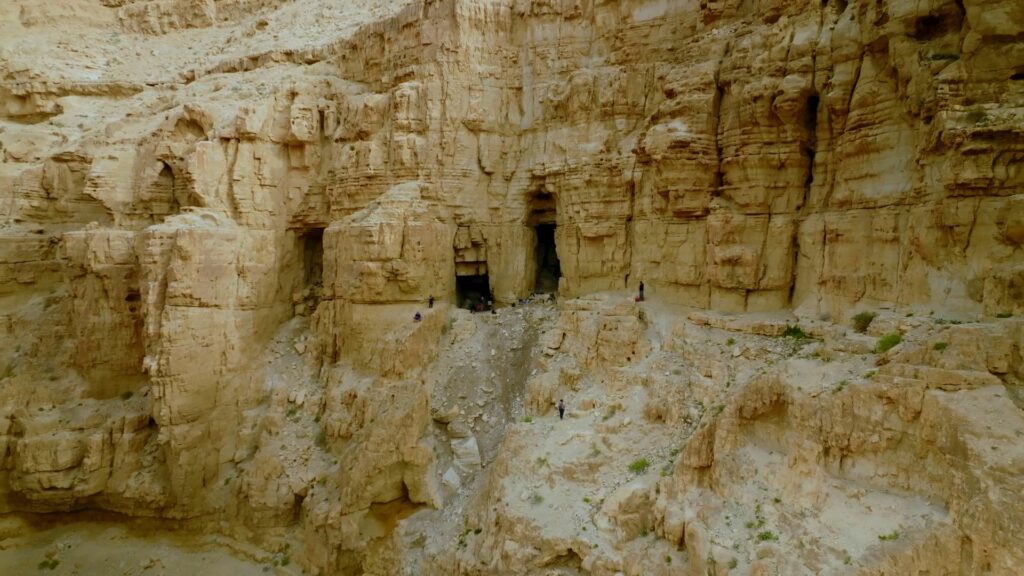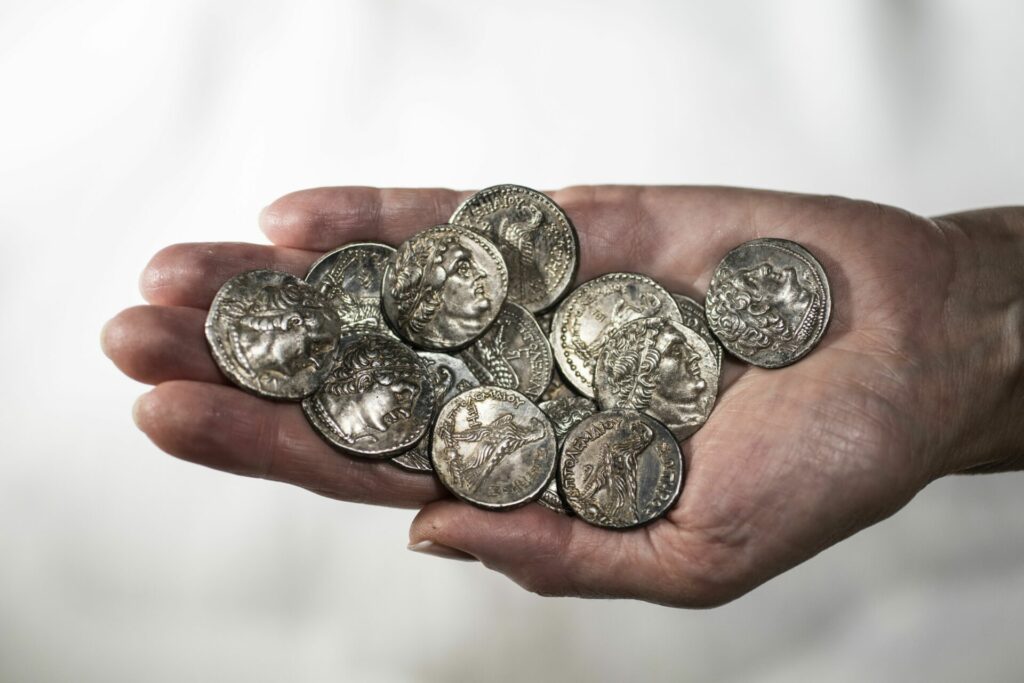Chanukah, the Jewish festival of light, starts on Sunday evening and will be celebrated in Brussels with outdoor and indoor candling of the lights.
This year the eight-day long holiday coincides with Christmas. Chanukah commemorates a successful rebellion against the Seleucid empire, which suppressed freedom of religion in the Middle East in the second century BC, and the rededication (‘chanukah’ in Hebrew) of the (second) temple in Jerusalem. Each evening a light is added to the previous candles.
Today Chanukah is one of the most joyous holidays in Jewish culture, celebrated by religious and secular people alike, commemorating the triumph of light over darkness and expressing hope for a better future.
An outdoor ceremony will take place on Monday (19 December, 18 pm) at Schuman Square, organized by the European Jewish Community Centre together with the European Jewish Association and the City of Brussels. It will be followed by a concert. European Commission President Ursula von der Leyen will light the second candle alongside the Mayor of Brussels, Philippe Close.
In what has become a tradition, Euro-Chanukah will be celebrated at the European Commission (Berlaymont) on Tuesday evening (20 December), in the presence of the Commissioner for Crisis Management, Janez Lenarcic.
Chanukah bears a message of hope in difficult times. Last year, Chanukah was celebrated under the shadow of the COVID-19 pandemic, this year while Russia’s war of aggression against Ukraine is still on-going with no end in sight.
“I believe all of us – modern-day Europeans – have something to learn from this Jewish festivity,” Commission President von der Leyen said last year. “Chanukah is a story of resilience and perseverance. It is the story of how the Jewish people rekindled the light inside the Temple, against all odds and in circumstances that seemed desperate.”
“I want a Union that cherishes its diversity, where the lights of Chanukah illuminate our cities and our hearts.”
Archaeological reminder
A reminder about the origin of Chanukah was disclosed last week when Israel Antiquities Authority (IAA) showed a rare wooden box containing a small trove of 15 silver coins dating to the period just before the outbreak of the Maccabean revolt against the Seleucid empire. The box was hidden about 2,200 years ago in a cave in the desert overlooking the Dead Sea where it was recently excavated.

The caves in the desert where the box with the coins wrapped in purple-dyed woolen cloth were found, credit: IAA/Emil Aladjem
The trove comprised a homogeneous group of silver tetradrachma coins, minted by Ptolemy VI, King of Egypt. Ptolemy VI reigned over Egypt at the same time as his uncle Antiochos IV Epiphanes (called “the Wicked”) reigned over the Seleucid kingdom, including Judea.
Based on the date of the latest coin in the hoard (170 BC), the year when the box was hidden can be fixed to the beginning of the Maccabean rebellion against Antiochos Epiphanes IV. His decrees against the Jewish religion sparked the rebellion for religious and political freedom which is commemorated in the Chanukah festival.
The books of the Maccabees, named after the dynasty which led the rebellion, belong to the canonical or apocryphal part of the Bible (depending on religion). They describe the dramatic events of the times that would have led people to hide their possessions in the Judean Desert until the danger passed.
“It is interesting to try to visualize the person who fled to the cave and hid his personal property there,” said Dr Eitan Klein, who studied the coins and is deputy director of IAA’s theft prevention unit.

The silver coins, credit: IAA/Shai Halevy
“The person was probably killed in the battles and did not return to collect his possessions that awaited almost 2,200 years until we retrieved it. This is an absolutely unique find which presents the first clear archaeological evidence that the Judean Desert caves played an active role as the stage of the activities of the Jewish rebels.”
Source : The Brussel Times



































